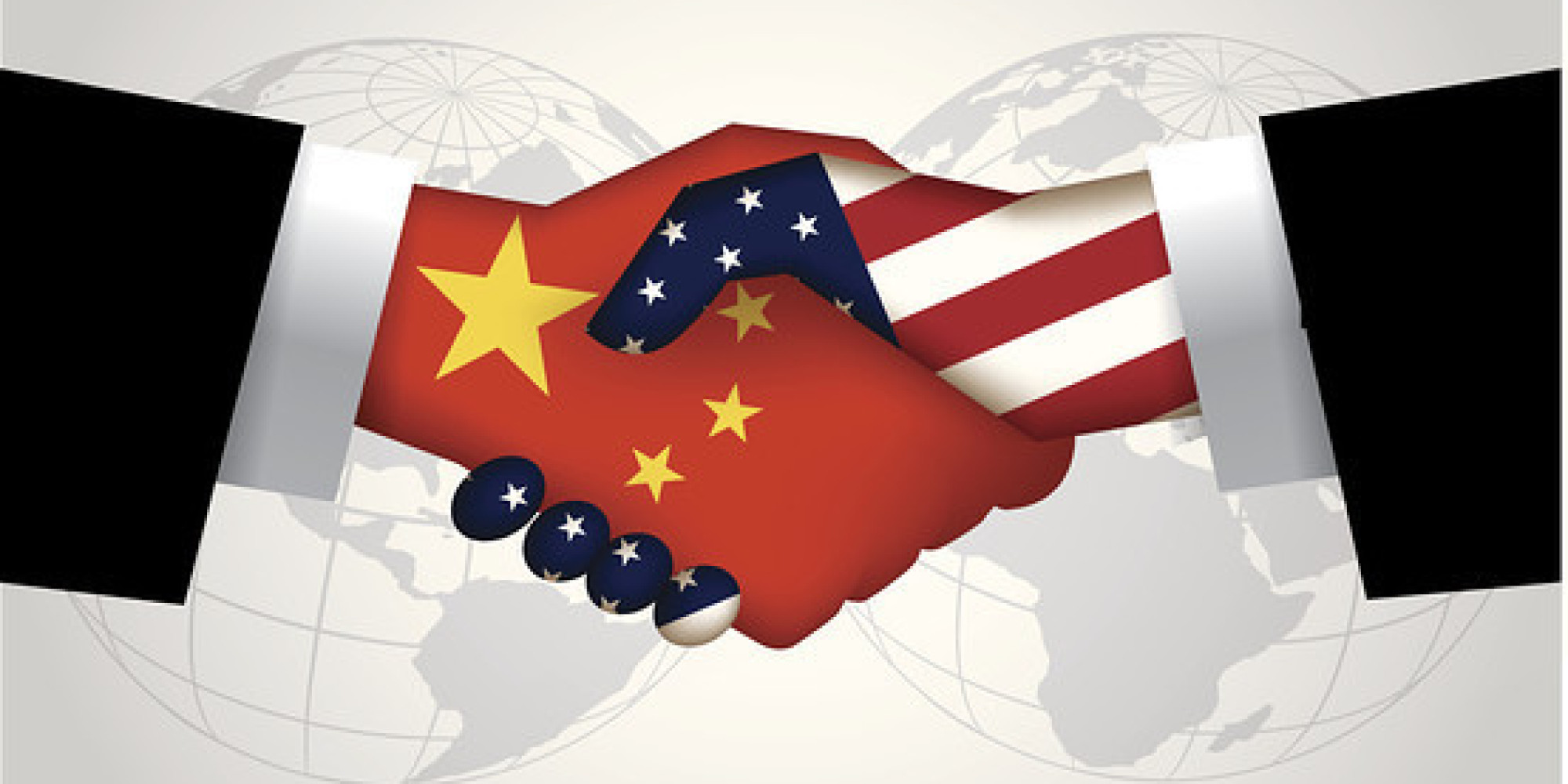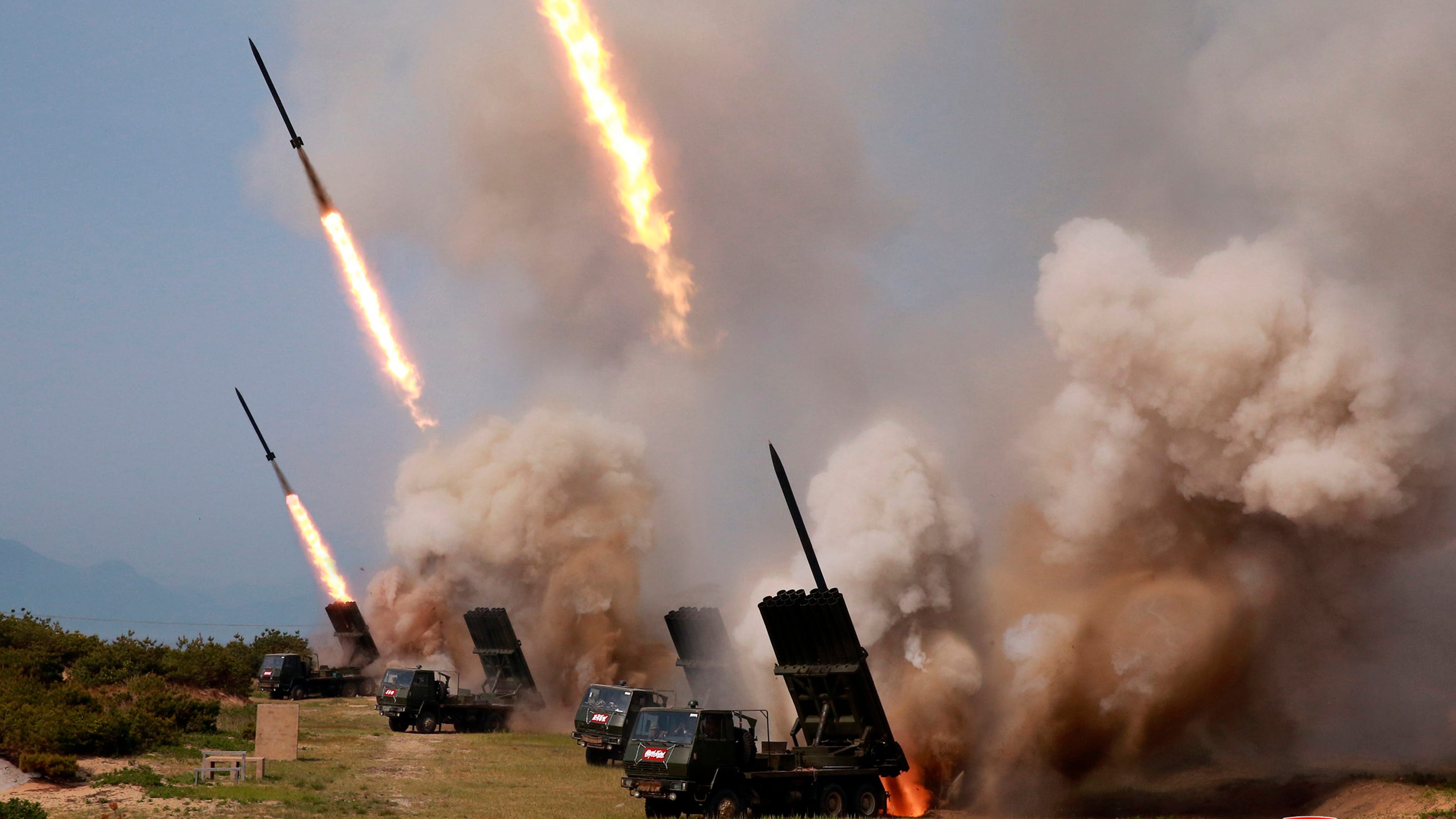
The Improvement of US-China Relations Starts from the Resumption of Economic and Trade Talks
There is a gap between China and the United States in the field of ideology. American elites embrace the "end of history" theory and believe that Western-style democracy is the only acceptable system of human society; therefore, they have deep-rooted hostility toward the Chinese system. They turn a blind eye to the glorious achievements China has made in the past 40 years and point condescendingly at China.
On the other hand, with the improvement in people's living standards, the continuous enhancement of national power and the results of the fight against the COVID-19 pandemic, China is becoming more and more confident. China is an ancient civilization with a long and uninterrupted history, and contemporary China has inherited the most outstanding elements of Chinese civilization; thus, the Chinese people have every reason to embrace self-confidence. China does not want to export its own system, but it is confident that it can compete with Western-style democratic systems on the international stage. The hostility of American elites toward the Chinese system shows their lack of self-confidence. Especially in the year or so since the outbreak, China's success in fighting the pandemic has made them feel on edge. The ideological dispute between China and the Western world was caused solely by the West. As China's national power rises, the West will use more ideological means to suppress China.
The geopolitical competition between China and the United States will not disappear. The U.S. Navy staged a demonstration in the South China Sea under the guise of "maintaining free navigation," and behind it was the bandit logic of "power is truth." The United States will not give up playing the "Taiwan card," but will often provoke "Taiwan independence" forces to disturb the situation in the Taiwan Strait. Perhaps only when a Chinese nuclear submarine floats on the east coast of the United States will the United States seriously consider whether it should stop in the South China Sea, the East China Sea and the Taiwan Strait.
In response to geopolitical competition, the United States will not give up its technological suppression of China, because geopolitical competition will ultimately result in the fight for technology. The Donald Trump administration not only prohibited the export of high-tech technologies and inventions to China, but also put over 400 Chinese companies and institutions on the so-called "entity list" and prohibited American companies from exporting high-tech products to them. The reasons given by the United States are ambiguous, even ridiculous, and full of nonsensical logic. For example, a company or university can be included in the list of entities if it has a connection to the military. According to this logic, if China also sets up an entity list, then most research universities in the United States would be included on the list. From the perspective of U.S. high-tech companies, the U.S. government’s ban on the entity list is a policy of "killing 1,000 enemies and losing 800 of your own," because they have lost the Chinese market and the massive revenue needed for innovation.
However, ideology, geopolitics and technological disputes are not the only parts of U.S.-China relations. After 40 years of integration, China and the United States have formed an interdependent relationship in many fields, such as economics, cultural exchange and scientific research; thus, a complete decoupling would be disastrous for both countries. The Joe Biden administration has also criticized the Trump administration’s China policy, especially in the area of economic and trade relations. The Trump administration launched a trade war against China and substantially increased tariffs on Chinese exports, which not only failed to reduce the U.S. trade deficit, but also greatly harmed the interests of American consumers. Biden and his staff have repeatedly emphasized that U.S. foreign economic and trade policy will be centered on the interests of domestic workers, whereas Trump's tariff policy failed to return jobs to the U.S. For the Biden administration, Trump's economic and trade policies toward China have caused American workers to suffer double the losses. Under such circumstances, it is possible to restart economic and trade negotiations between China and the United States and gradually remove punitive tariffs.
The technological competition between China and the United States is not without room for maneuver. The global industrial chain has been integrated into almost every country; thus, it is extremely difficult for any country to establish a closed industrial chain in any specific field without paying a huge price. It is wishful thinking that the United States could completely exclude China from the high-tech field in order to curb the pace of China's technological progress. Therefore, the two countries have good reasons to regulate technological competition and restrict competition within a controllable range.
In fact, the U.S.-China Anchorage high-level strategic dialogue has achieved some positive results and formed some consensus. For example, the two sides agreed to establish a U.S.-China joint working group on climate change, agreed to restart personnel exchanges between the two parties as soon as possible depending on the development of the pandemic, agreed to discuss the facilitation of mutual diplomatic and consular agencies' personnel activities as well as media and reporter-related issues in the spirit of reciprocity, and agreed to maintain and strengthen communication and coordination on a series of issues such as bilateral trade, military affairs and global security. This is a good start. I believe there will be more high-level interactions between the two countries this year.
In short, China and the United States will maintain a competitive relationship in the field of ideology and geopolitics, but there is still room for cooperation in the economic and trade field, and there is room for compromise in the technological field. From the Chinese perspective regarding the U.S.'s ideological clamor and criticism of China's internal affairs, we should let the facts speak for themselves by vigorously developing the domestic economy, improving people’s living standards, maintaining social stability and prosperity and building a prosperous political environment. In the field of geopolitics, we should insist on strategic patience, believe that time is on our side and ultimately use our strength to form a new equilibrium in the South China Sea, the East China Sea and the Taiwan Strait. In the field of technology, the economy and trade, we should actively restart negotiations with the United States to form new economic and trade rules as well as technology competition rules that are acceptable to both sides.
The impact of this last round of globalization on American society cannot be underestimated. American elites understand that the United States needs room to adjust. The U.S. needs China’s help with this, just as it did after the 2008 global financial crisis; however, the American elite is reluctant to voice this request. U.S.-China relations play a vital role in world peace and prosperity, and neither country can take good care of itself without the other. In this context, adopting a more active attitude to maintain healthy competition and even cooperative relations with the United States is the first choice for China's foreign policy.
The author is the Dean of the National School of Development at Peking University.

